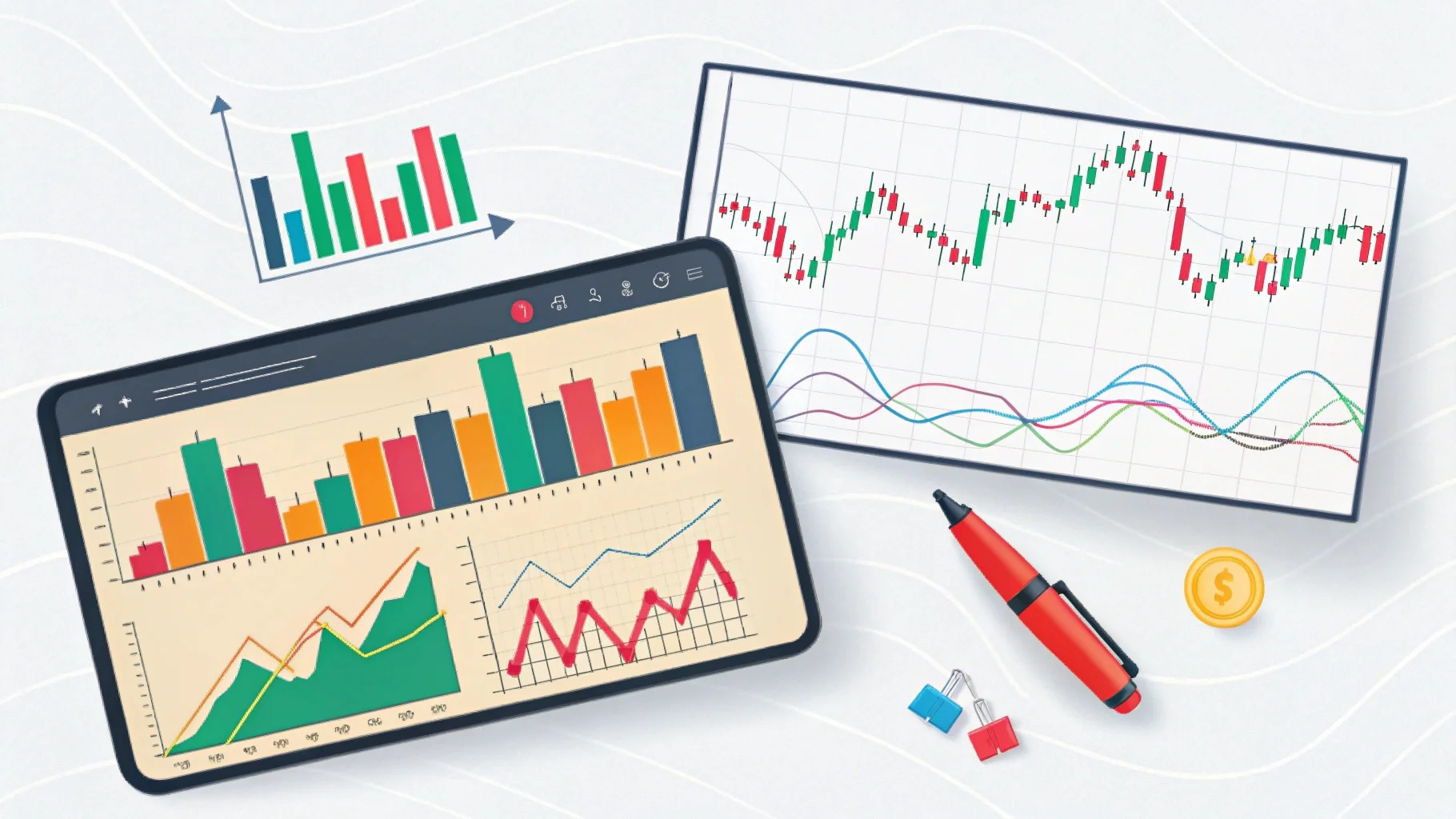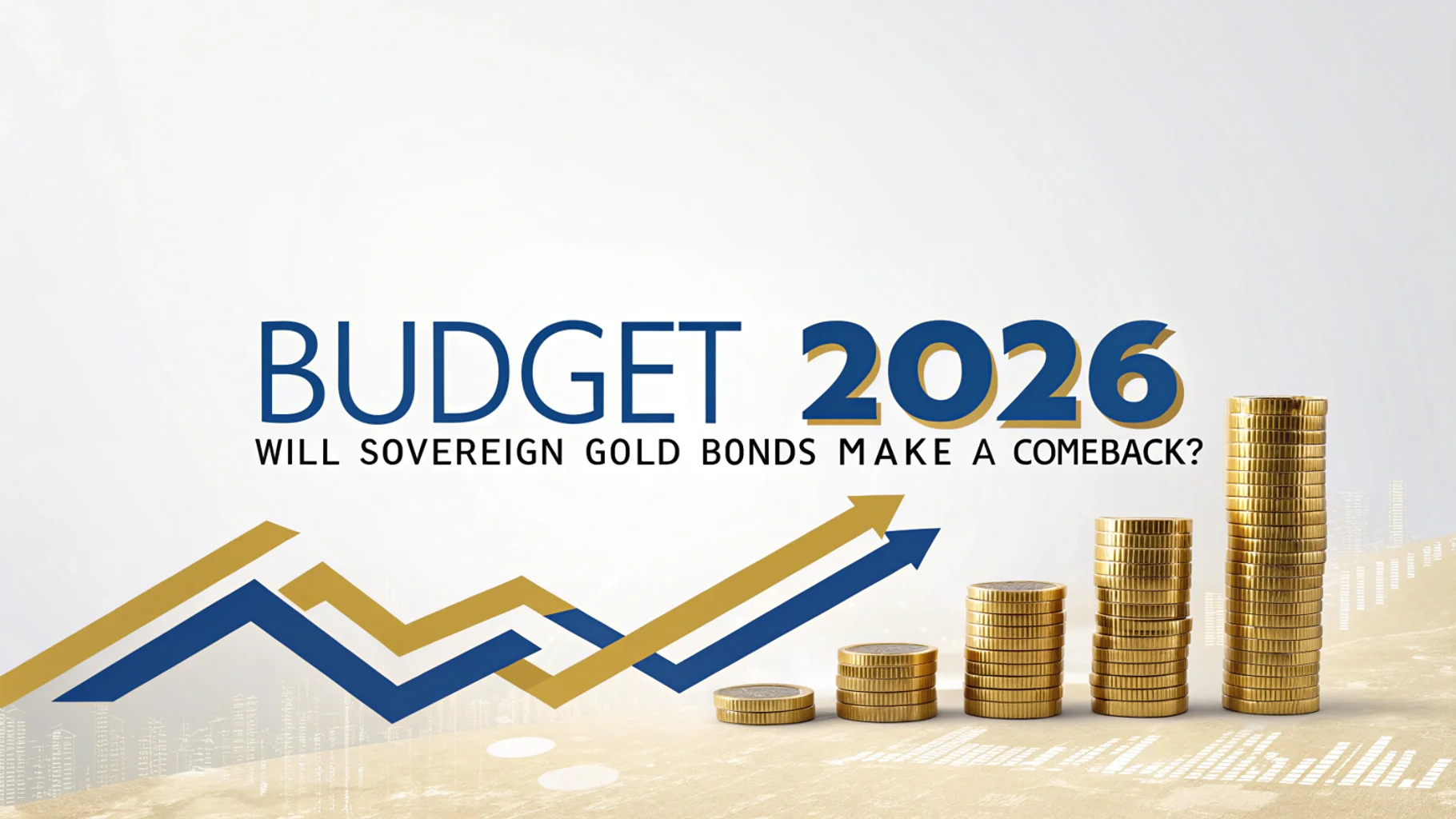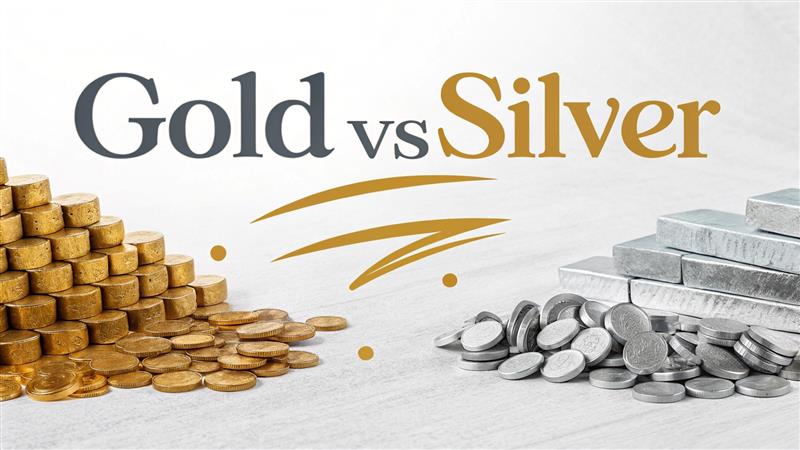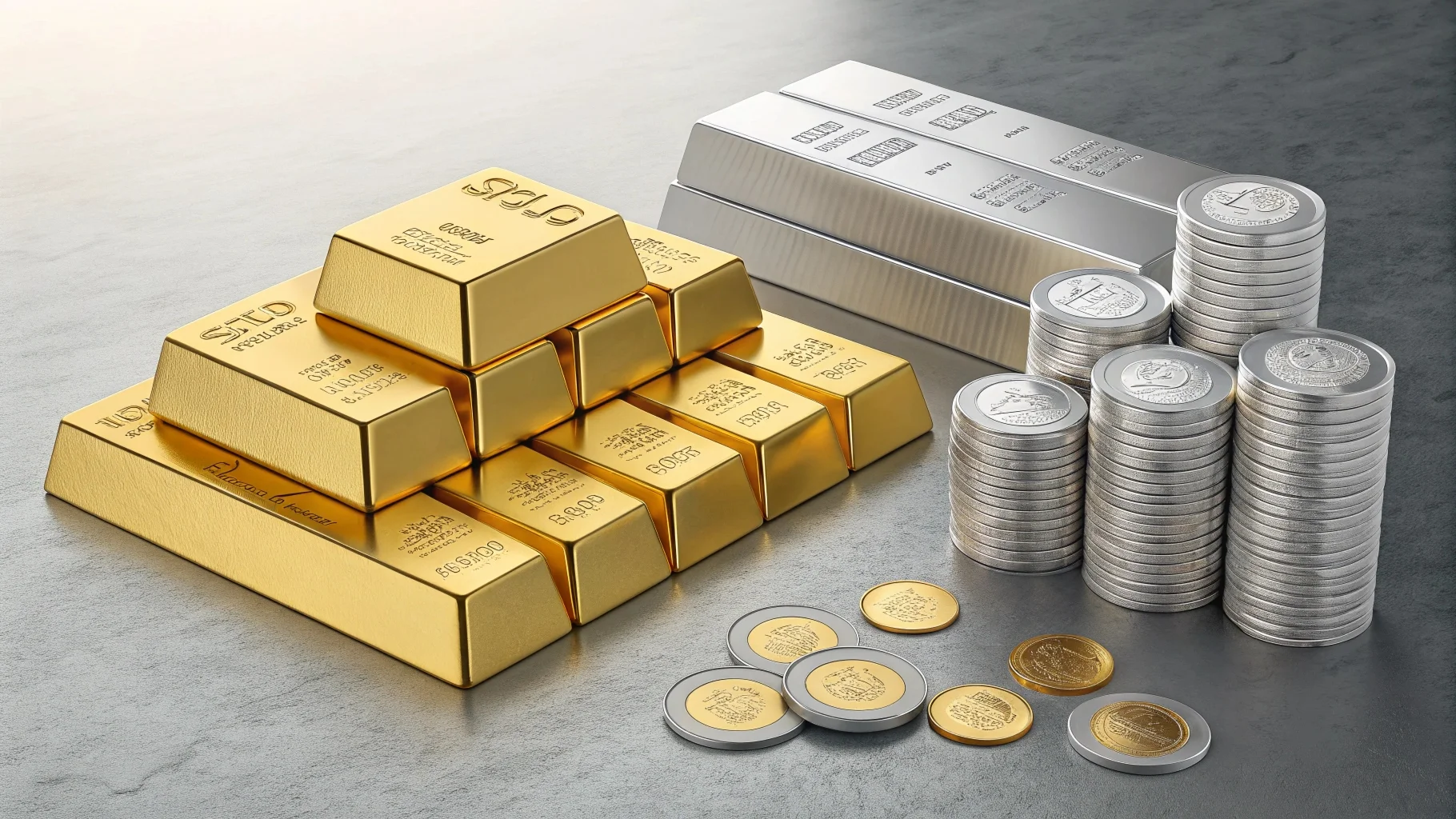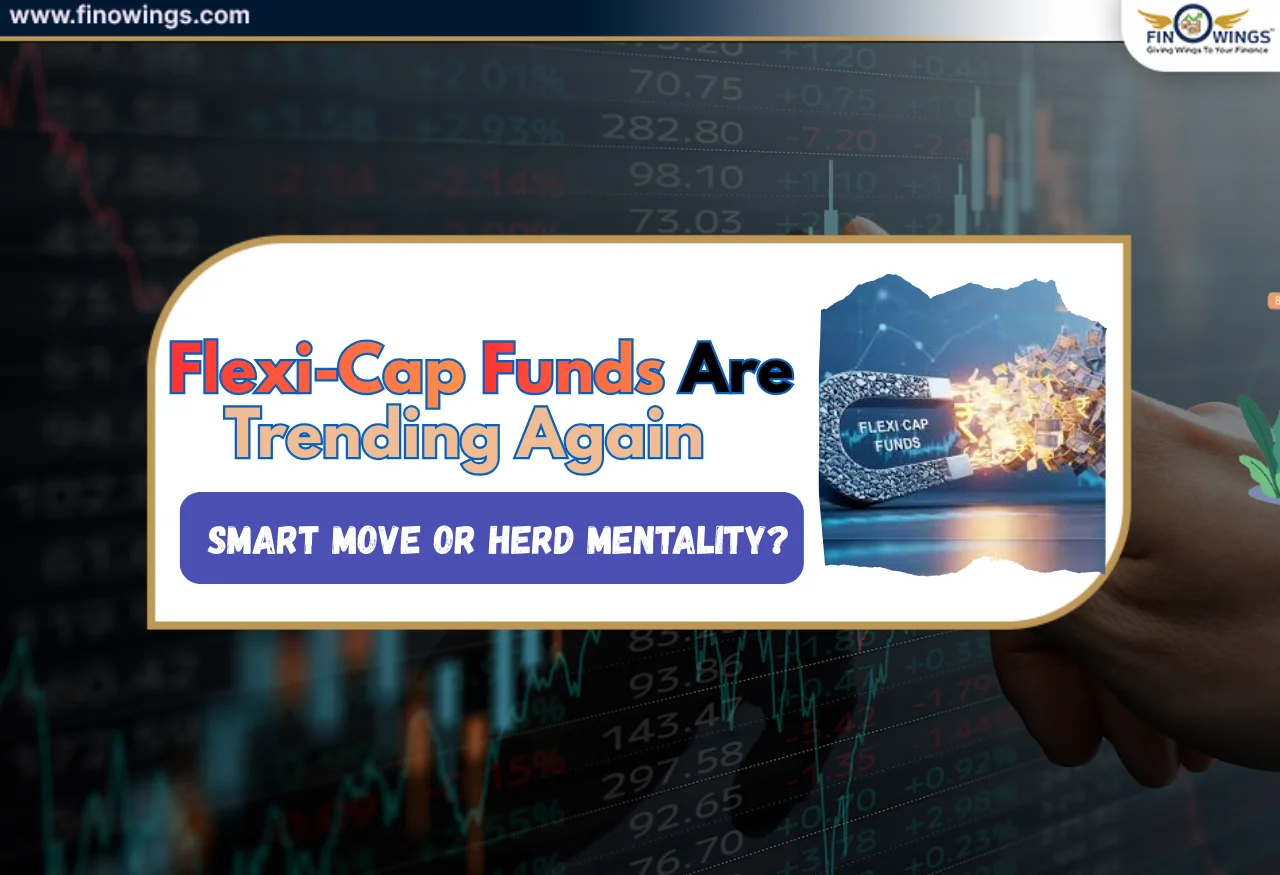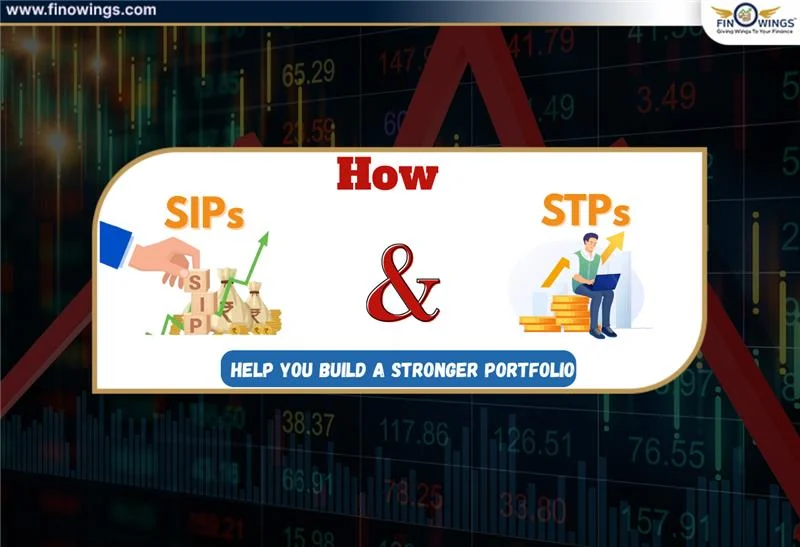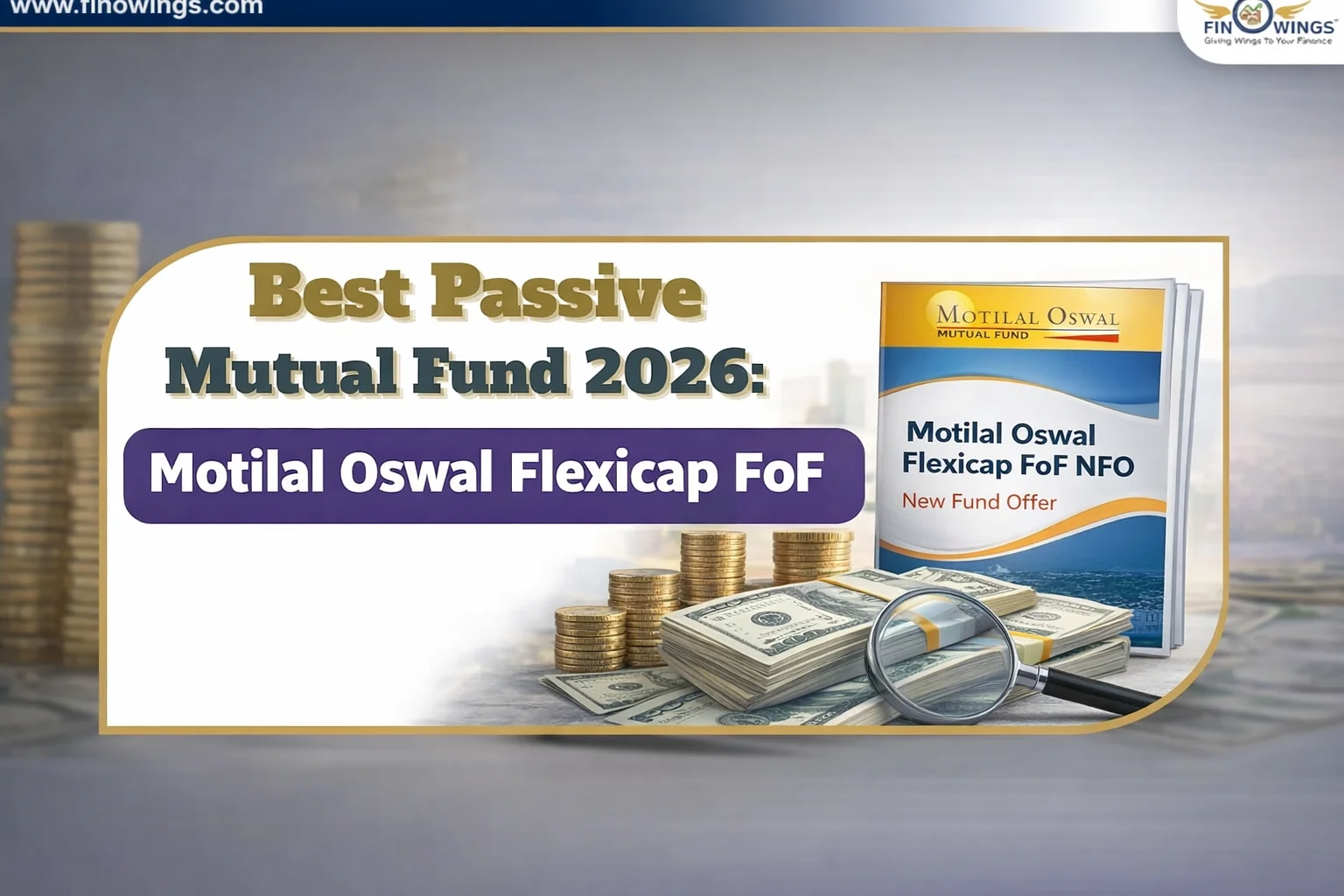Home >> Blog >> How To Select The Best Index Fund?
How To Select The Best Index Fund?
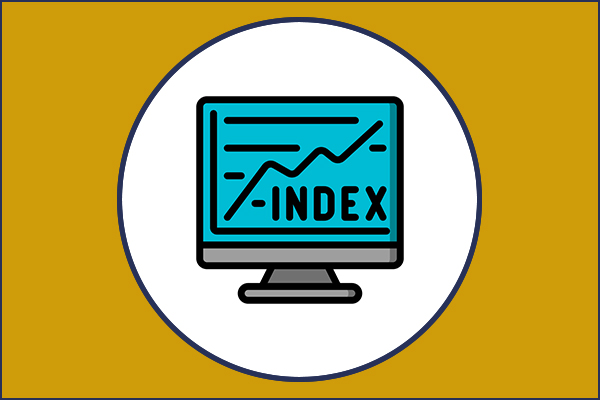
Table of Contents
Passive investment is rising in popularity across the globe. Additionally, it has gained traction in India. There are already more than 70 index funds in the nation. For those who are unaware, these index-tracking passive funds invest in identical equities and to the identical extent as the index they are monitoring.
There are typically two types of passive funds: exchange-traded funds and index funds (ETFs). You require a Demat account to invest in ETFs because they could be purchased and sold on the stock exchange similarly to stocks.
Since the global Coronavirus pandemic swept the globe, index funds are now among the highly sought-after mutual funds. Let's investigate index funds in more depth and invest in the best index funds in India.
What is an Index Fund?
A mutual fund that mimics an index's portfolio is known as an index fund. Mutual funds that are index-tied or index-tracked are another name for these funds. Because index funds' primary goal is to monitor and mimic the outcomes of well-known stock market indices like the S&P BSE Sensex and NSE Nifty 50, these funds are passively operated. An index fund would use the same asset allocation as its underlying index. This explains why the returns provided by index funds are similar to those of their underlying index.
Why Should You Invest in Index Funds?
Due to the presence of blue-chip stocks in its portfolio, index funds are regarded as among the safest equity funds. These are the shares of reputable businesses with a proven record. Index funds become less vulnerable to marketplace volatility as a result, providing much-needed steadiness. Over the past three decades, the major Indian indices NSE Nifty 50 and S&P BSE Sensex have executed admirably.
They have overcome numerous obstacles, including the 2008 recession, the emergence of several viruses (including Zika, Ebola, SARS, and H1N1), geopolitical conflicts (including the Sino-American trade conflict), and more. The indices have improved tremendously since their debut despite these challenges.
Select index funds with low expense ratios
- Most index funds and ETFs impose an expense ratio, which is a yearly fee. The fund's operating costs are covered by this modest fee. (Obviously, there are costs involved in purchasing and selling the assets that index funds hold, along with other factors, even if their sole goal is to mimic the activity and makeup of current indexes.)
- Since there isn't a line item on your usual fund reports that reveals the amount that the fee cost you, it's not precisely apparent that you're incurring an expense ratio. However, a portion of the fund's assets is subtracted immediately from your returns.
- Fees are essential when it comes to indexing, according to Daniel Hawley, a financial consultant in Walnut Creek, California. When choosing an investment sector for indexing, investors should seek out the fund or ETF with the lowest expense ratio.
- The Fidelity ZERO Total Stock Market Fund, which stays true to its name and pays no fees, is one of the finest entire stock market index funds. Both the Vanguard Total Stock Market Fund and Schwab's Total Stock Market Index impose annual cost ratios of 0.03% and 0.04%, respectively. Those extremely low expense ratios can be more advantageous for you than funds with identical characteristics but charge larger fees over time.
- Analyze the math. If the expenditure ratio was 0.63% and you invested $10,000 a year for ten years at an 8% gross return, you would have about $151,000 at the end of the term. You would have more than $156,000 if the expense ratio for a different fund monitoring the same index and using the same technique was only 0.04%. The differential, which is solely due to fees, is $5,000. Consider the potential growth of that over a 30- or 40-year investment horizon.
The best ways to use index funds in a portfolio
- A retirement or investment portfolio can be used in a variety of aspects. You can just depend on indexing; Robo-advisors often use ETFs for this strategy. As an option, you could combine actively managed funds with index funds.
- As per Forbes - Hawley builds his clients' portfolios using the "core and explores" strategy. The bases are low-cost index funds and ETFs, however, he also selects some actively managed funds that he believes would offer greater alluring risk-reward potential.
- Regardless of the strategy you select, the goal is to concentrate on indexing in the marketplace segments that are what is commonly known as "efficiency" — that is, a marketplace in which there is enough material provided and smooth trading that it is difficult for active management to succeed.
- The Active/Passive Barometer research from Morningstar examines the outcomes of actively managed funds to the average output of index funds in a given investment sector. Less than one in four active funds outscored their index counterparts in the ten years leading up to 2020 throughout all areas.
- Indexing was even more effective in the most effective marketplaces. In the ten years leading up to 2020, just 8.4% of actively controlled big-cap blend funds, 9.3% of large-cap growth funds, and 14% of large investment funds were capable of outperforming their indexing counterparts. Less than three out of ten intermediate core bond funds outperformed the category's benchmark funds.
- Active management has a more successful record in marketplaces when there is less uniform data accessible or a less standard trading system. Over the last ten years, more than 40% of actively managed funds that invested in U.S. small- and mid-cap expansion, high-yield bonds, corporate bonds, real estate, and emerging stock markets have beaten index funds.
Invest in Index Funds to build a Portfolio
One fund can be used to create an all-index portfolio if you wish to maintain things easy. Merely two or three funds can do the trick if you want greater management throughout your asset allocation mixture.
Specify a single goal date fund
A target date fund can be used in a retirement portfolio. One fund with a year in the title that is near your 65th birthday will do. You're all done now. Depending on your investment timeframe, the objective date fund manages all the heavy lifting by investing in a mix of stock and bond funds or ETFs. Numerous target date funds only make use of inexpensive index funds and index ETFs.
Use the three-fund strategy.Another straightforward strategy is to set up a three-fund portfolio that consists of a high-grade U.S. bond index fund, an overseas stock fund, and an index fund that covers the entire stock market. This gives you greater flexibility over your equity-to-bond ratio but necessitates a little more involvement from you than a specific date fund would.
Index Funds: Considerations for Investors
1. Risk tolerance
Index funds are less vulnerable to equity-related volatility and risks because they mimic an index. If you want to create large profits during a marketplace upswing, investing in index funds is a great choice. Throughout a market downturn, you must, meanwhile, shift to actively managed funds. In a bear market, index funds frequently lose value. As a result, it is recommended that your portfolio include a mix of actively managed funds and index funds.
2. Return factor
Index funds passively monitor the activity of the underlying benchmark, as opposed to actively managed funds. These funds only seek to mimic the index's performance, not to outperform the benchmark. Moreover, monitoring problems could cause the returns generated to fall short of those of the index. From the actual index returns, there may be variations. Therefore, when investing in an index fund, it is advisable to choose funds with the lowest tracking error. The fund performs better the lower the errors are.
3. Cost of investment
Typically, index funds have substantially fewer expense ratios than actively managed funds. The index funds' holdings are typically passively managed, and the fund manager is not needed to have any sort of investing plan. This is why the expense ratio is different. If two index funds follow the Nifty, their returns will be comparable. The expense ratio will be the only variation. The fund will produce substantially higher returns on investment due to its lower expense ratio.
4. Investment horizon
Generally, index funds are best suited for investors with long investment horizons. The fund often sees a lot of short-term volatility, which averages out over a lengthy period of time—say, let's more than seven years—to produce returns in the 10%–12% range. Index fund investors must have the patience to hang around for at least that long. The fund won't perform to its full potential until that time.
5. Financial targets
For long-term financial objectives including wealth accumulation or retirement planning, equity funds may be perfect. These funds can produce adequate wealth due to their high risk/high return characteristics, which may enable you to retire early and pursue your passion.
Conclusion
You should use caution while choosing the fund and category of index funds. The excellent thing is that index funds are an option for major equity categories if you are a passive investor. A portfolio can now be created entirely with passive investments. Examine the tracking error and expense ratio when choosing a fund. Hopefully, this blog helps you to understand how to select the best index fund.

